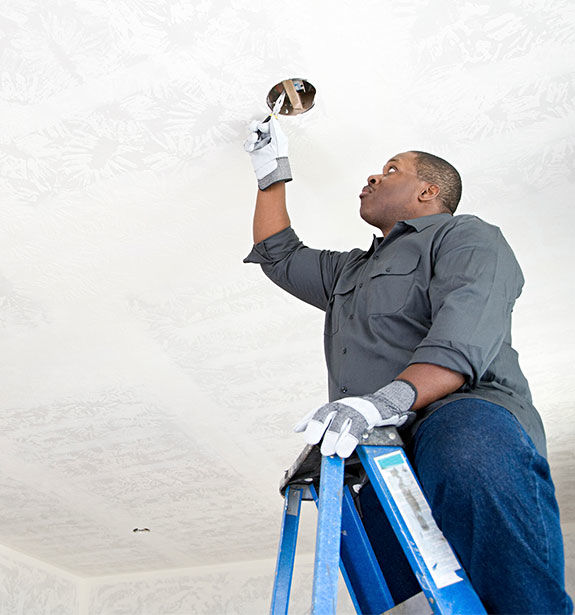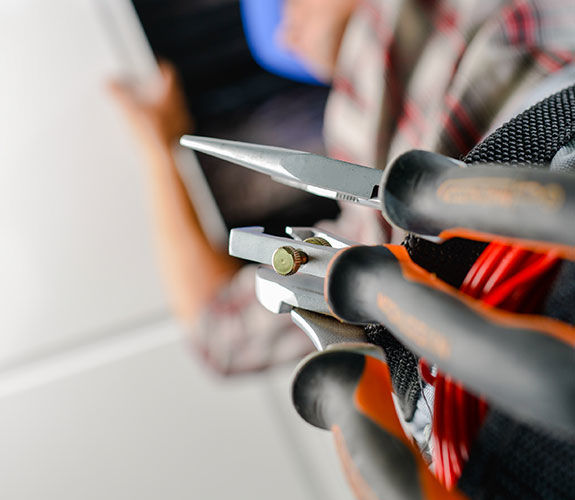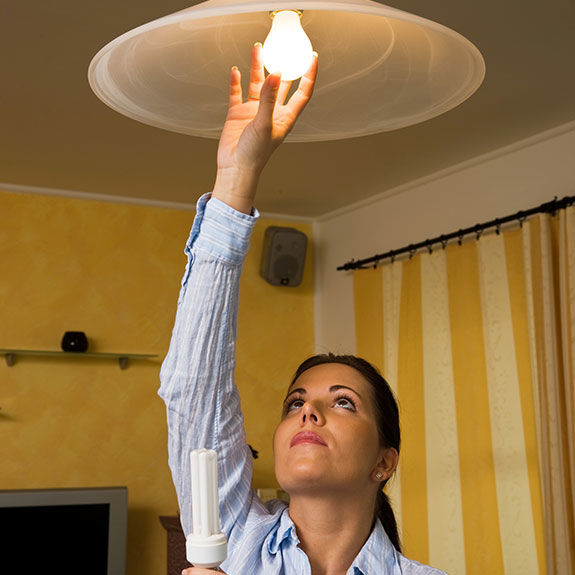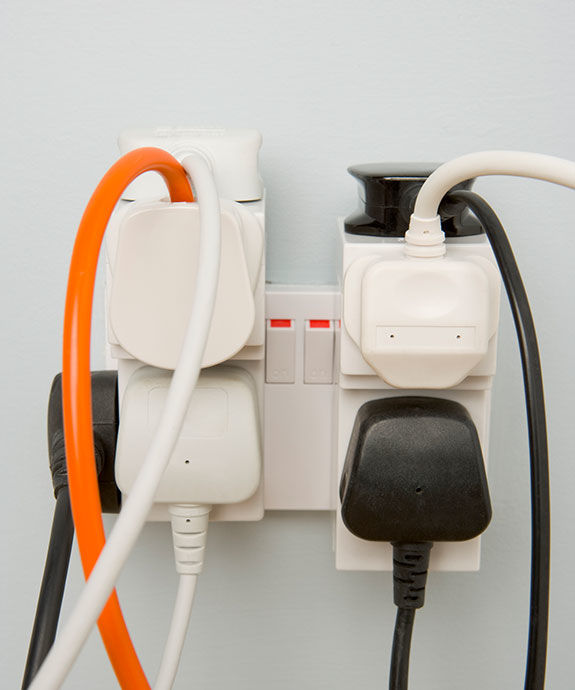Are you considering or have you already attempted to do electrical installations or repairs yourself? Australia, the laws surrounding electrical work are stricter than you might think. If you don’t know exactly how to do a job, it’s easy to make a mistake. The problem with DIY electrical mistakes is that they could not only cost you a lot of money, but also your safety and the safety of those you love. Working with a fully licensed, qualified and experienced home renovation electrician will provide you with peace of mind and a job well done.
Australian laws are much stricter when it comes to the regular handyperson. In this article, we explore some rules when it comes to DIY electrical. We will also explore what might happen in the aftermath of any DIY electrical mistakes. DIY electrical mistakes can be avoided easily with the right guidance and knowledge from a professional.
| | DIY electrical mistakes and the lawBelow is a list of tasks that might seem simple enough to complete on your own but engaging in these tasks is actually illegal. Avid DIYers might be guilty of doing some of these seemingly easy jobs.
These simple tasks might include:
The truth is that engaging in some of these tasks would mean breaking the law. Unless you are licensed, you are not allowed to perform these electrical tasks. DIY electrical mistakes are easy to make when you don’t have the necessary qualifications.
DIY projects are common to most homes. When it comes to DIY electrical mistakes, the best way to avoid them is to work with certified electricians. Unless you are a qualified electrician, you should never carry out any electrical repairs, maintenance or installations inside your home. NSW Fair Trading has extensive information on the do’s and don’ts for electrical work. |
What happens if I make a DIY electrical mistake?The worst case scenario of engaging in illegal electrical work is that someone could get hurt. You could get electrocuted, or even worse, cause a house fire. If you get caught doing illegal electrical work, you will receive a fine. Fines can cost you thousands of dollars, as high as $40,000 for an individual. The fine for serious risk of electrocution can be as high as $600,000 or five years jail. DIY electrical mistakes are just not worth the cost to you or your family.
Your property and your family both deserve the care and expertise of a professional, certified electrician. At Amber Electrical, we specialise in catering to the needs of our customers. You don’t have to worry about exorbitant prices. We will take care of your electrical needs at an appropriate price with excellent workmanship.
| |
| | Is there something I can legally do?There are a few things you can do without the help of an electrician. Here are some tasks you can do:
This list is brief, and there are a few other tasks you can do. However, they do not encompass everything you might need to maintain the electrical standards in your home. While you can fit an electrical oven, for example, you cannot connect it. And while you might be able to cut an opening for an air-conditioning unit, you would not be able to install them. Attempting an electrical task might lead to time-consuming and costly DIY electrical mistakes.
Our electrical technicians have the necessary compliance certificates. We can ensure the work we do meets the Australian standards, so you avoid defective workmanship. You may think it would be easier to do an electrical repair yourself out of convenience. But you can cost yourself more that way than by simply bringing in the right people. |
Here are a few tips that might help you avoid some DIY electrical mistakes:
If you need help with your electrical installation or if you find a safety hazard, contact your electricity provider and give us a call for any necessary repairs.
| |
Next Steps
Electrical mistakes are no small thing. We have worked with hundreds of customers, providing quality, safety and peace of mind. Our friendly team is available to answer any questions you might have.
When it comes to electrical services for your home or your business, it is always best to hire a professional to do the job. Electrical safety is critical. DIY electrical and home surveillance installation is not a clever idea. Get the job done right. Bring on a qualified technician so you know everything is installed properly.
Your safety matters to us. The experts at Amber Electrical can help bring your electricity installation up to par with current electrical standards – give us a call or:





